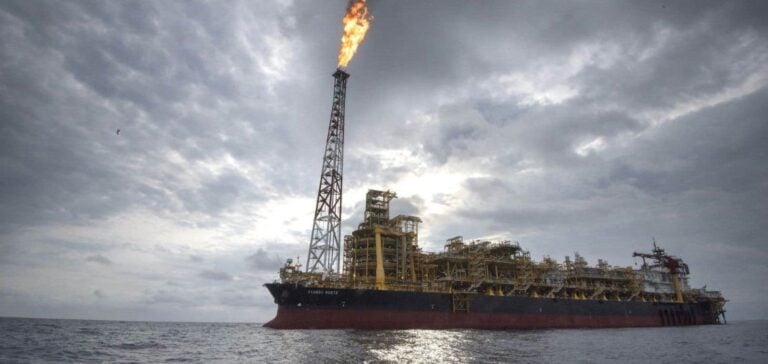The price of Brent plunged below $80 after OPEC+ announced that production cuts would be phased out in October.
The oil market is going through a period of turbulence followingOPEC+‘s recent announcement to phase out its production cuts, and Iran’s approval to increase oil production. This decision led to a significant drop in crude oil prices, with North Sea Brent falling below $80 a barrel, a level not seen since February.
For Tamas Varga, analyst at PVM Energy, this fall is explained by the market’s disappointment at OPEC+’s decision to relax some of its production restrictions, despite still uncertain global demand. The announcement comes against the backdrop of a hybrid videoconference and face-to-face meeting in Riyadh, where OPEC+ members discussed the organization’s future strategy.
Discounts maintained until September
OPEC+ has decided to extend current production cuts until the end of September, before gradually reintroducing barrels to the market from October 2024. This timetable was deemed “bearish” (accommodating) by Goldman Sachs analysts, which contributed to the market’s negative reaction.
The organization currently maintains three levels of cuts: official production targets reduced by 2 million barrels per day since the end of 2022, voluntary cuts of 1.65 million barrels per day announced in April 2023, and additional cuts of 2.2 million barrels per day put in place by eight key members in November 2023. These measures have all been extended until September 2024.
Demand Outlook and Future Challenges
The United Arab Emirates has obtained an increase in its production quota of 300,000 barrels per day, to be phased in from January to September 2025. However, the end of additional voluntary cuts and this production increase pose a major challenge for OPEC+: to reintroduce 2.5 million barrels per day without destabilizing the market.
According to FXTM analyst Lukman Otunuga, the organization will have to navigate carefully to avoid a price collapse, especially if global demand remains weak. DNB analysts go so far as to say that the Group may have to abandon the idea of Brent crude at over $80 a barrel if OPEC+ continues with its current plan.
Despite these adjustments, OPEC+ retains the option of modifying or reversing these decisions if market conditions deteriorate, indicating strategic flexibility in the face of potential price volatility.
This pivotal period for the oil market highlights the complex challenges OPEC+ must overcome to balance production and price stability. Supply management will be crucial to maintain acceptable price levels while responding to fluctuations in global demand.






















